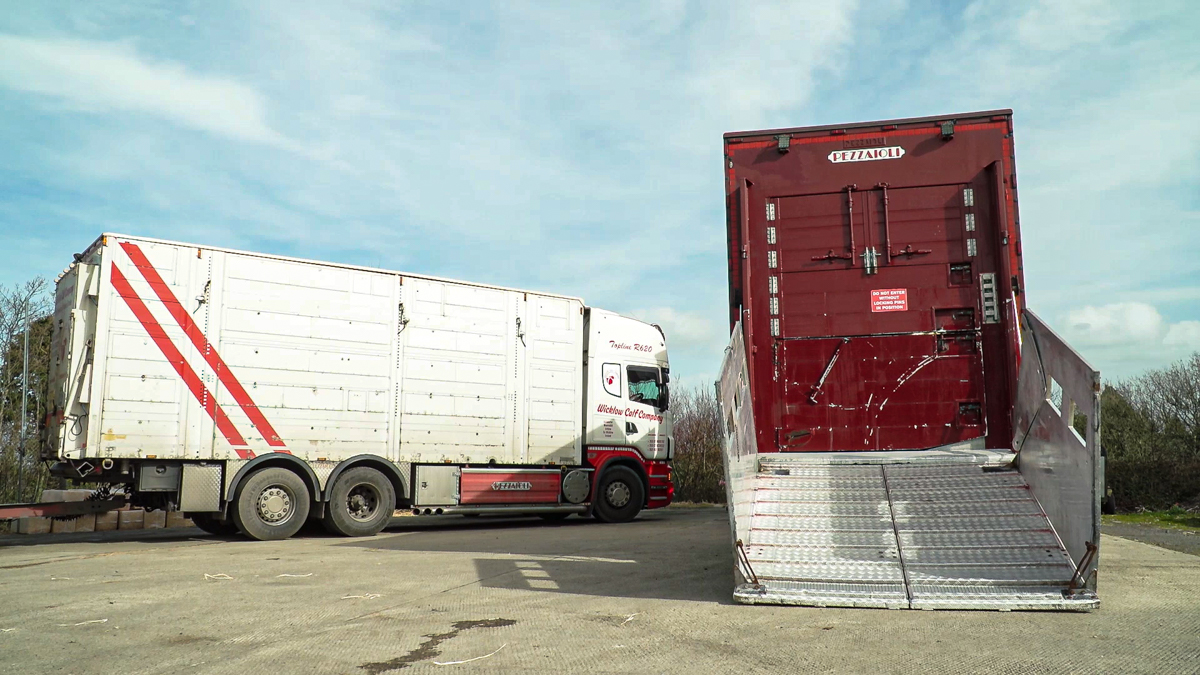Higher welfare standards for farm animals being transported, including shorter journey times, more headroom and stricter rules on being moved in extreme temperatures, will be brought in by the UK government under new animal welfare measures announced today (August 18).
These new rules, which are being developed in partnership with the farming industry, will apply to animals being transported within England and Wales come alongside the introduction of a ban on live animal exports for slaughter and fattening, which is currently going through Parliament as part of the Animal Welfare (Kept Animals) Bill.
The new proposals will raise welfare standards for farm animals by:
- Introducing shorter maximum journey times for live animals – between four hours and 24 hours depending on the species of animal;
- Giving animals more headroom during transport;
- Applying stricter rules on the transport of animals during extreme hot or cold temperatures.
The government said it has listened to early feedback from the industry and will now work with the farming sector and welfare groups, to develop these proposals and prepare for the transition to the higher standards to build on the high-welfare outcomes already being delivered on farms across England and Wales.
Journeys over 65km
These new conditions would apply to all journeys over 65km.
Independent evidence has shown that very long journeys can cause heat stress, dehydration and physical injuries in transported animals such as horses, pigs, sheep, poultry and cattle.
Over a billion animals are farmed in the UK each year, many of which are transported within the country for slaughter, fattening and breeding.
Announcing the new standards, Environment Secretary George Eustice said:
We are legislating to ban the export of live animals for slaughter and fattening, and are now developing other measures to improve the welfare of animals during transport.
“We have listened to the concerns raised relating to our proposed changes to transport regulations and have made changes to address these. We will continue to work with [the] industry on the remaining details.”

